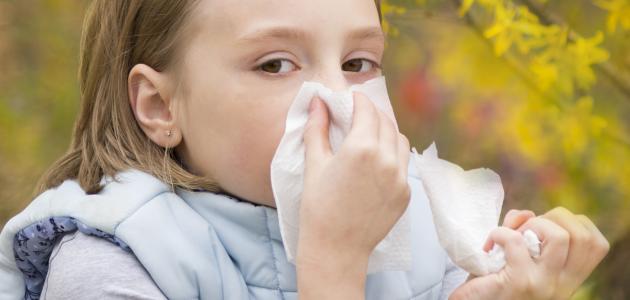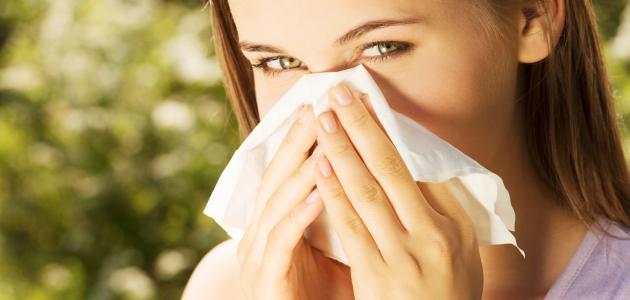Contents
Sinus allergy
It is the inflammation that affects the cavities near the nose and located inside the bones in the skull surrounding the nose and the eyes, and it is indicated that it is filled with air, and it is associated with the nose itself through small openings that play a fundamental role in the transfer of mucus and secretions to the nose, in addition to its ventilation, and he suffers from this problem Millions of people around the world annually, as a result of many reasons that we will know about in this article, in addition to mentioning symptoms and methods of treatment.
Types of sinus allergy
Sinus infections are divided into four types, which differ from each other in severity, symptoms, and duration, as follows:
- Acute sinusitis: It may last about four weeks, and its symptoms may or are not severe.
- Acute and recurrent sinusitis: It is four unconnected episodes of inflammation that affect a person over the course of a whole year.
- Semi-acute sinusitis: the duration of infection in humans ranges between four to twelve weeks, and it is considered a transitional stage between both acute and chronic inflammation.
- Chronic sinusitis: in which symptoms persist for more than twelve weeks, as symptoms worsen continuously with each week.
Symptoms of sinus allergy
- Sensation of severe headache headache.
- Suffering from a high body temperature.
- Feeling of pain in the face area, specifically around the eyes, the back of the head, or the forehead.
- Stuffy nose and congestion.
- Secretions flowing either from the nose or behind the nose.
- Pain in the teeth and in the upper jaw.
- Having problems with the sense of smell.
- The appearance of swelling in the skin areas surrounding the inflamed sinus, with redness.
- Notice a blockage in one eye.
Causes of sinus infection
- Having an allergic condition in the nose.
- Exposure to some influences or irritants, such as dust, and factory fumes.
- A deviation in the septum inside the nose.
- Cold or influenza infection, and a viral infection.
- The presence of enlarged posterior nasal polyps.
Sinus allergy treatment
- Prescription painkillers, which are based on the doctor's prescription.
- Decongestant tablets.
- Warm water compresses, to be placed on the face.
- Nasal drops, usually made of water and salt.
- Inhale the steam, by placing boiling water in a deep bowl, and bending the head towards the rising steam.
Preventive advice from sinus allergy
- Stay seated in moderate climates.
- Take care to rest, especially if you have a fever.
- Avoid smoking and smokers.
- Avoid all irritants, such as dust and roses.
- Drink plenty of fluids daily, especially water.
- Eat hot soup.
- Take a warm shower.
- Not playing sports or traveling by plane.













